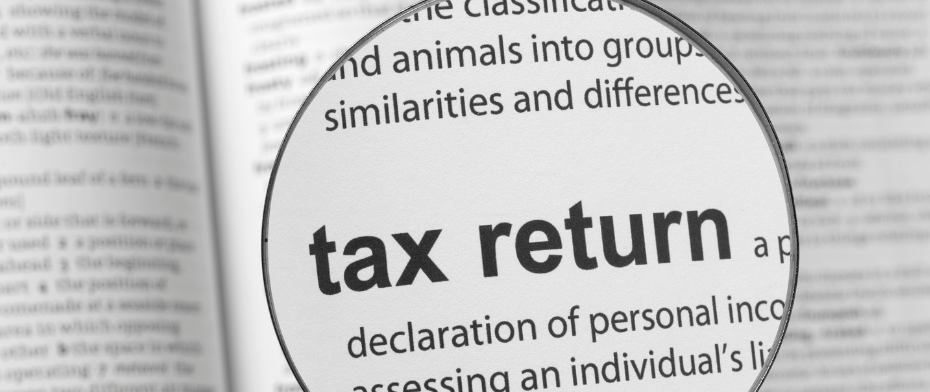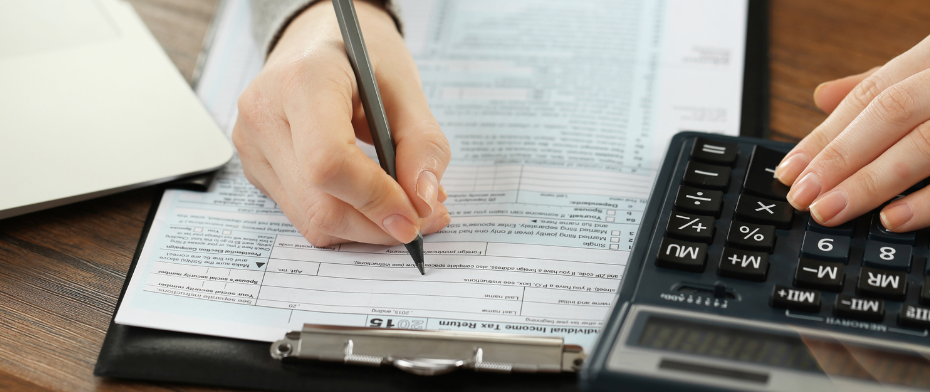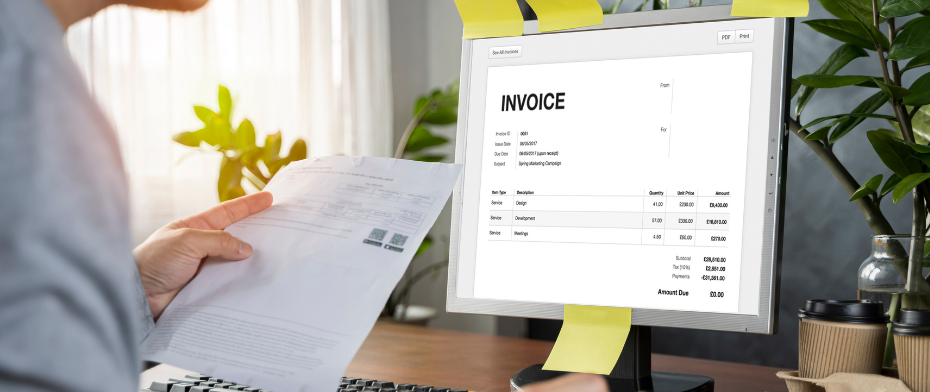As a landlord, how do I pay taxes on rental income?
- TBA

- Nov 15, 2024
- 5 min read
Updated: May 29, 2025
If you plan to invest in property in the UK for rental business or want to temporarily rent out a vacant property, whether you are a professional landlord or just a side hustler, you have an obligation to declare your rental income for tax purposes. You must report this income each tax year and pay income tax and National Insurance.
HMRC is strict, and there are many documents landlords need to prepare and fill out when reporting taxes. If it’s your first time filing a tax return, you might feel overwhelmed – the more properties you rent out, the more complex the process becomes.
Today, we aim to clarify things and guide you step-by-step on how to report and pay taxes on rental income.
When do I need to file a tax return?
Landlords are subject to taxes including stamp duty, capital gains tax, and income tax on rental income.
Stamp duty and capital gains tax usually apply when landlords buy and sell properties; here, we focus mainly on income tax from rental income.
If you are a landlord with rental income below £1,000, you don’t need to report or pay any tax. However, if your rental income is between £1,000 and £2,500, you must proactively contact HMRC to inform them of your income. Remember, if your rental income exceeds £2,500 in a tax year, you must report it.
According to tax law, you need to register and fill out a “self-assessment tax return” to report to HMRC. If you fail to do this before the annual deadline, you may face penalties ranging from £100 to fines based on 100% of your taxable rental income.

Our step-by-step guide for tax returns
1.Register with HMRC
The deadline for submitting the self-assessment tax return online is January 31 of the following tax year.
However, if you haven’t registered for self-assessment before, you must do so by October 5 of the tax year in which you first receive rental income.
Go to the government’s self-assessment tax return website to register. After registering, you will receive a government gateway user ID and password. Use these to set up your personal tax account, allowing you to manage all your taxes online. You will then receive a Unique Taxpayer Reference (UTR) number, which is your code for submitting tax returns and making payments.
You can then submit your self-assessment online before the January 31 deadline. Late submissions will incur penalties. If you prefer, you can still submit the return on paper and mail it to HMRC, but ensure you complete this before October 31.
2.Prepare Your Documents
Even if you can submit everything online, you need to compile the relevant documents first, including rental dates, expenses incurred, and accounts of rental income received.
Keeping all documents related to your rental income and expenses can simplify tax reporting; you can also file them in case tax officials have any questions about your return.
Here’s a summary of the information landlords need to retain:
Contracts/Lease agreements
Receipts
Rent books
Invoices
Bank statements
Mileage logs and vehicle costs (if applicable)
Documents related to property purchases
Days the property was rented out
Amounts spent
Total rental income received

3.Organise and calculate rental income
You need to pay tax on your rental income, which refers to the net profit.
Therefore, calculate your rental income for the tax year and then determine the allowable deductions—HMRC allows landlords to deduct business expenses incurred for renting out property when calculating profits.
Allowable expenses include:
Property repairs and maintenance (not including renovations)
Utilities, council tax, gas, and electricity
Replacement of household items (if the property includes items like wardrobes or beds)
Accounting and agency fees (you can reduce these by not hiring agents)
Landlord insurance
Operating costs
Service fees, including cleaning
Direct costs, including phone bills, stationery, advertising for tenants
Vehicle operating costs
You might know that mortgage interest is no longer a deductible expense.
However, you can claim a 20% tax credit on mortgage interest payments. If you have
questions about allowable business expenses, feel free to consult us.
4.Fill out your tax return
Log in to your personal tax account using your government gateway ID. Next, using your UTR, you can select the option to submit your self-assessment. It assumes you will report rental income along with other income, dividends, interest, etc.
If these do not apply to you, you don’t have to fill them out. Just declare which sections you need to complete, and the form will adjust accordingly. You need to submit your rental income from properties in the UK in the property section.
One section of the form will ask about the deductions you want to claim (which we advised you to prepare in advance) to apply for tax relief. After filling out all online sections of the form, you can return to modify data, save for later use, or submit.
5.Pay your taxes!
Now comes the crucial part—payment. The tax portal will calculate your tax bill, and you must pay by the January 31 deadline.
If you applied online, you can view your calculations to see how much you need to pay. Payments can be made via online banking or telephone banking, debit cards, or company credit cards (if applicable), but not with personal credit cards or bank or building society payments. Other options include BACS, checks, or direct debit, but allow extra time for processing.
If you plan ahead and set aside part of your monthly income for tax, life will be much easier.
If for any reason you don’t have the cash to pay your taxes, you can arrange a payment plan with HMRC over the next 12 months. If you have questions about this process, please consult your accountant.

Some advice from TB Accountants
Many landlords in the UK rent out one or more properties in their personal names to earn extra income.
Therefore, most landlords need to fill out self-assessment tax returns to report to HMRC rather than filing corporate tax returns. There are various issues that may arise when submitting self-assessment tax returns, so you must remain vigilant.
Here are a few points to note:
If you rent out multiple properties, you need to combine your total profits/losses before calculating your tax obligations
Profits/losses from overseas properties must be reported separately from UK properties, as these need to be reported individually
If you are a foreign national, you must fulfil your tax obligations through the Non-Resident Landlord Scheme
If you cannot pay your taxes on time, contact HMRC immediately to discuss the support they can provide to avoid penalties
For individuals and businesses looking for UK taxation services, use our contact form to get in touch for more information.
Get in touch with us at info@tbgroupuk.com or for a free one-to-one consultation.



